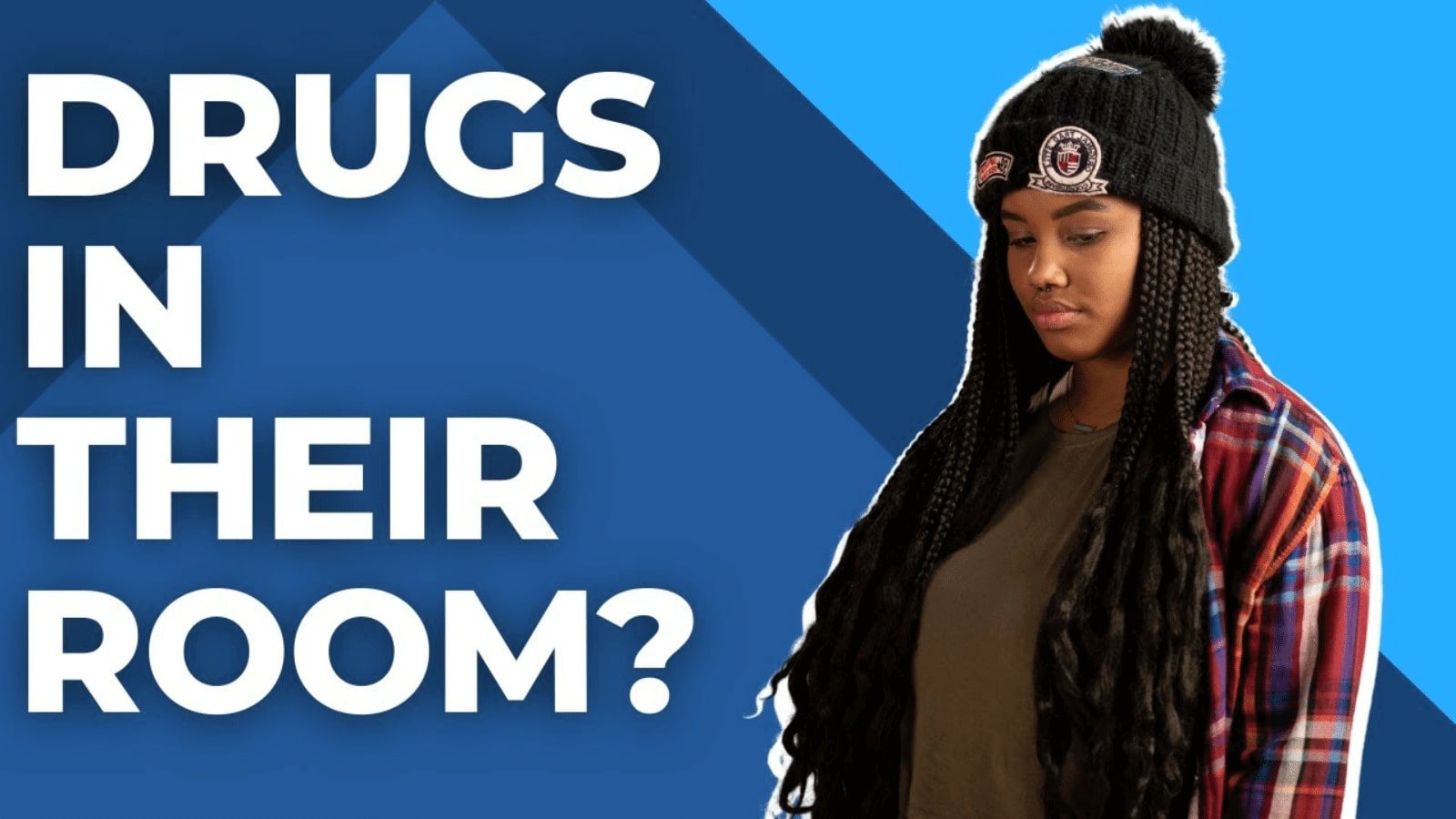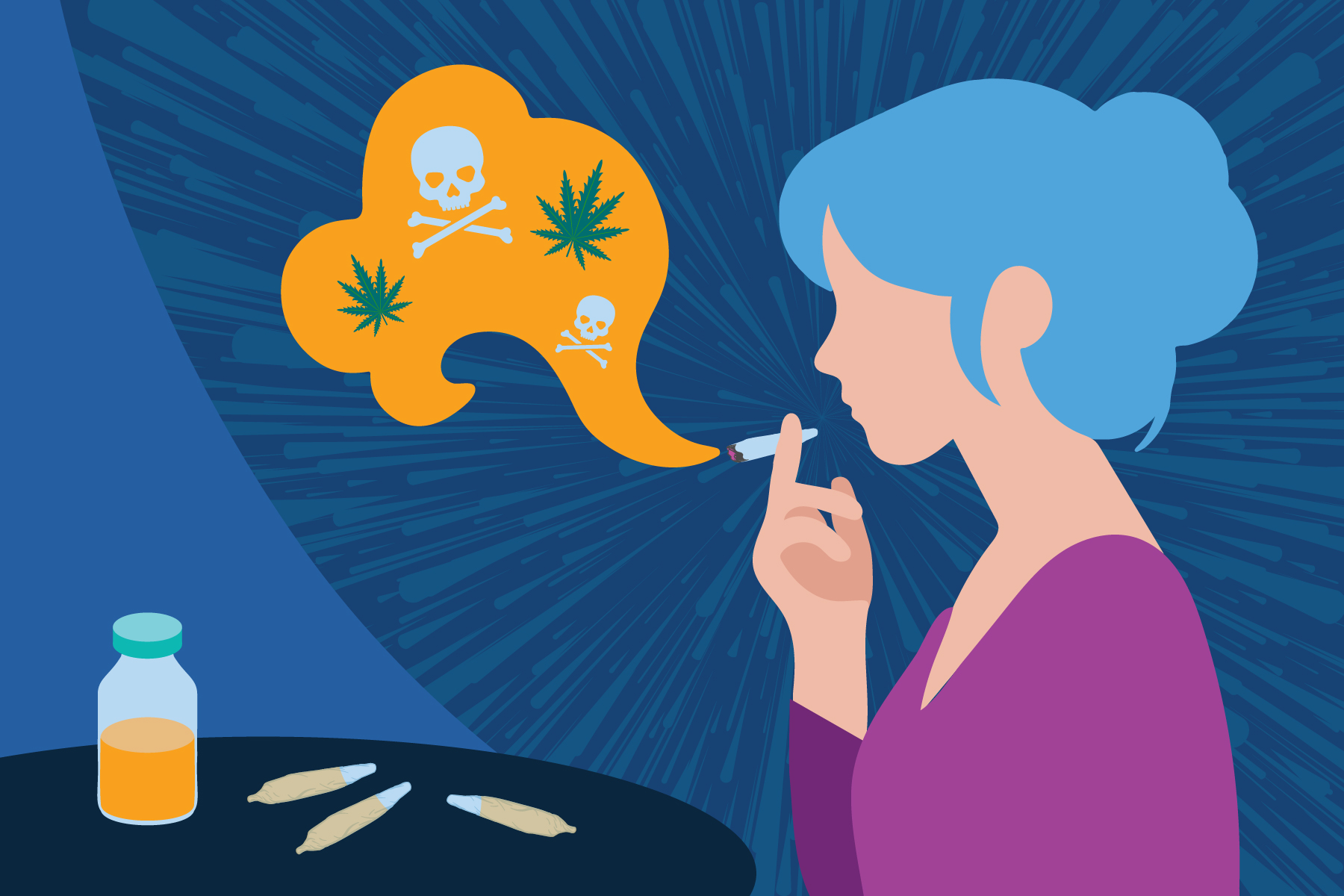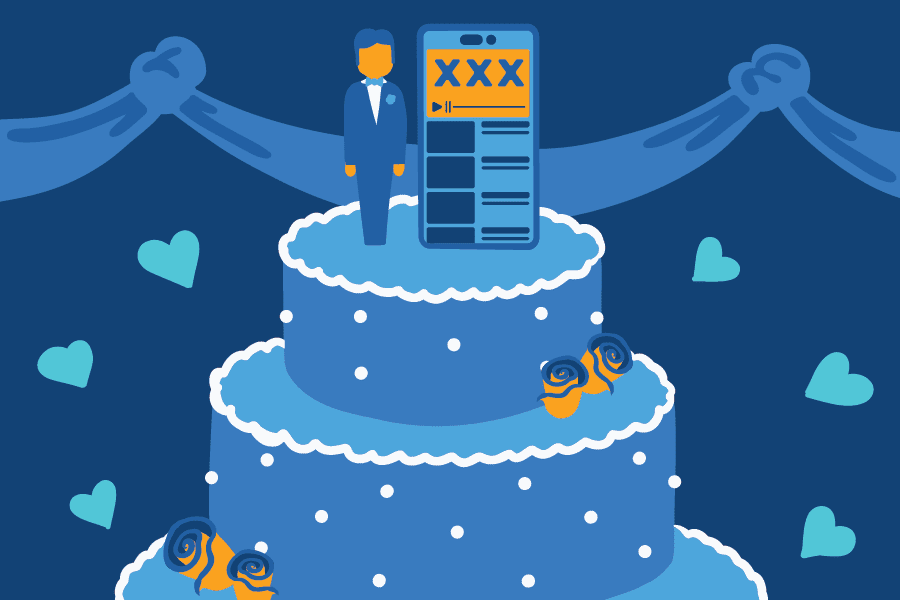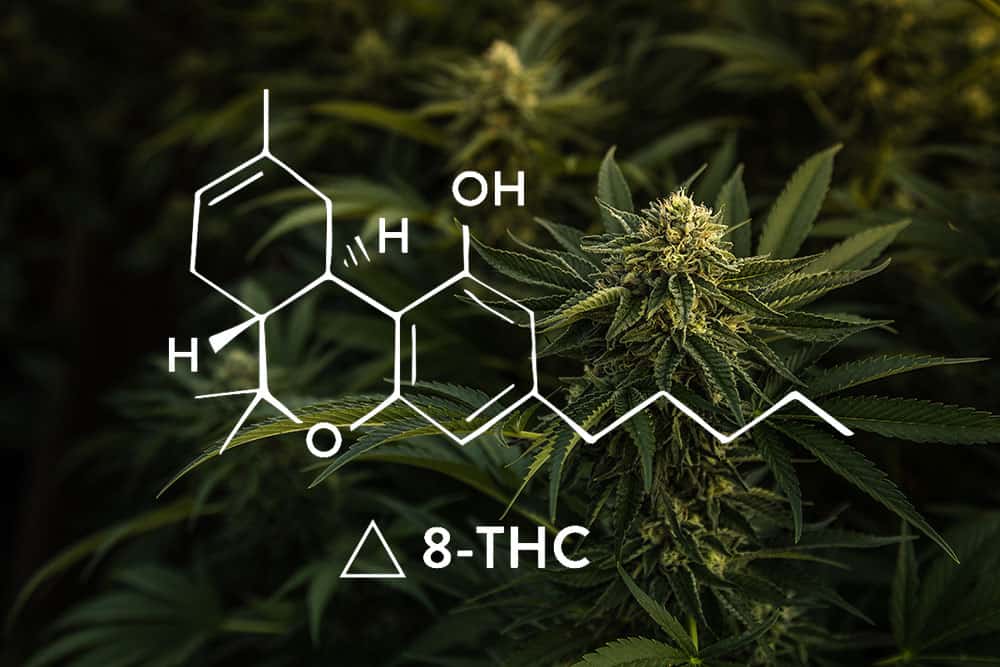Facts About Ketamine Abuse
Ketamine considered a Schedule III drug, is a powerful sedative and dissociative, which means that it can make the person using it feel detached from reality. Originally developed as a tranquilizer for medical purposes, ketamine is now widely used recreationally.
Appearing as either a white powder or a liquid, ketamine is used legally by medical professionals as an anesthetic, but some people use it illegally because of the psychedelic effects, euphoria, painlessness, and out-of-body sensations it produces. It’s often used at raves and clubs.
When it is used as an illicit drug, Ketamine can be smoked, injected, swallowed, and snorted. When used incorrectly, ketamine can cause paralysis, hallucinations, seizures, and other major medical problems.
It can also be addictive and is sometimes used as a date-rape drug because it causes temporary paralysis and memory loss.
Brand names for ketamine include Ketalar®, SpravatoTM (esketamine), Ketanest, Ketajet, and Ketaset. It’s also known by its street names: K, Special K, Super K, Vitamin K, Cat Valium, Cat Tranquilizer, Jet, Kit Kat, and Purple.
Short-Term Side Effects of Ketamine
- Sedation
- Hallucinations
- Slurred speech
- Loss of coordination
- Eye movements
- Memory loss
- Anxiety
- Chest pains
- Vomiting
- Paranoia
- Nausea
- Seizures
- Reduction in or elimination of pain
- Difficulty concentrating and/or moving
- Pleasurable or trance-like feelings
- Increased need to urinate
- Higher blood pressure
Long-Term Effects
When people take ketamine repeatedly, they can develop long-term health problems, such as:
- Damage to the liver, kidneys, and digestive tract
- Urinary tract and bladder issues (“K bladder”)
- Brain damage
How Teens and Young Adults Use Ketamine
Teens and young adults ingest ketamine in several different ways:
- Injecting the liquid form
- Snorting the powder
- Mixing the powder into a drink
- Smoking the powder by adding it to marijuana or tobacco
- Ingesting the powder orally (“bombing” or “dabbing”)
Signs of Ketamine Addiction
If you’re concerned that your child could be abusing ketamine, watch for the following signs:
- Sedation
- Confusion
- Seeming “out of it”
- No feelings of pain
- Loss of memory
- Paranoia
- Panic
- Anxiety
- Itchy skin
- Sudden changes in personality
- Loss of coordination
- Loss of interest in relationships, work, school or other activities
- Drug paraphernalia (needles, pill packets, cigarette paper, bottles, plastic bags, white powder
If your teen or young adult is displaying one or more of these signs, you should strongly consider finding treatment for them.
What to do if Your Child is Abusing Ketamine
Ketamine is a high-risk substance – if your loved one is abusing ketamine, it’s important to get professional treatment as soon as possible. Teens and young adults often experiment with party drugs as a means of testing their limits.
Some of those actions can show potential for abuse and have dangerous, long-term physical and mental health consequences.
If you’re concerned that your child is using ketamine and aren’t sure what your next steps should be, the team at Sandstone Care can help. We’re available seven days a week to answer your questions on how to approach your child and explain your options for getting them help.






